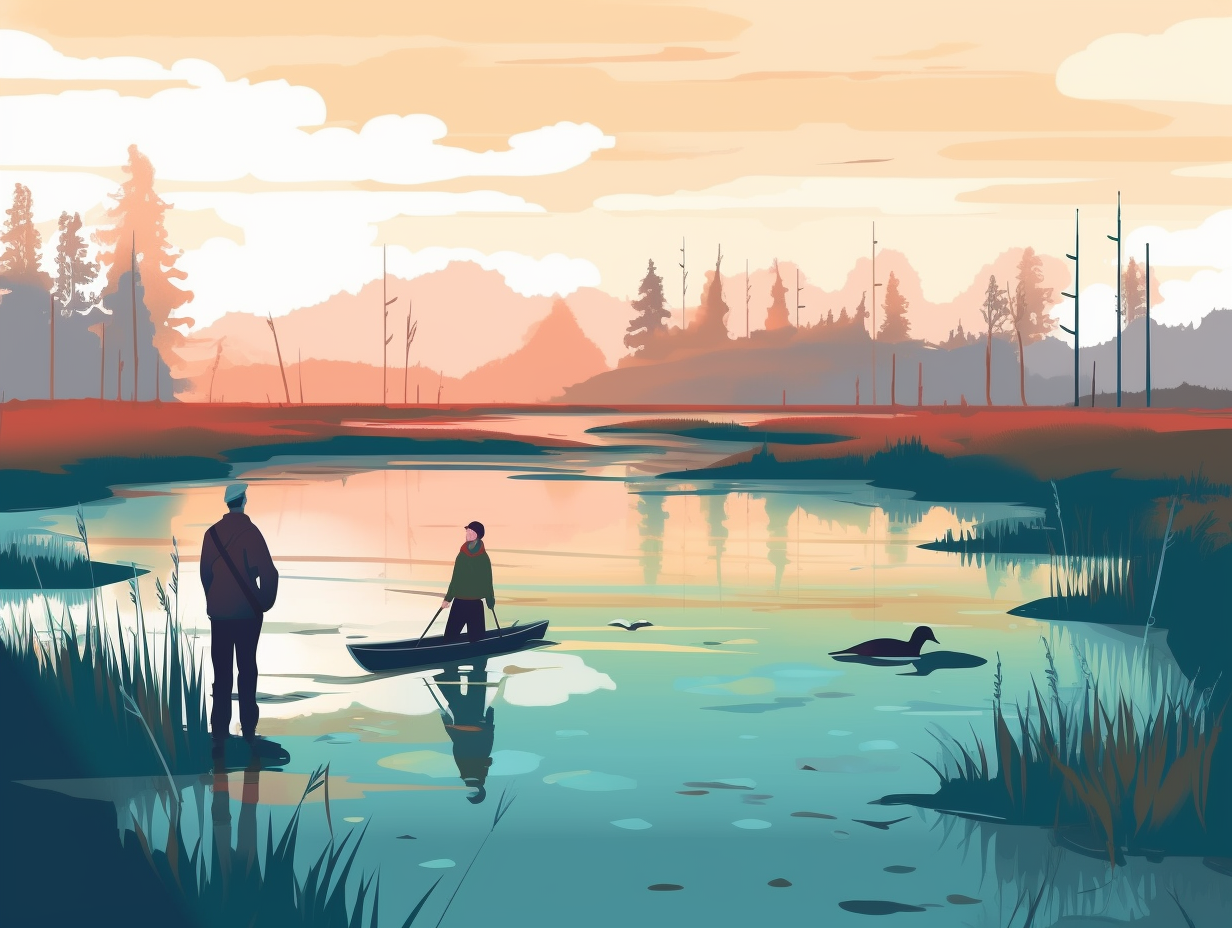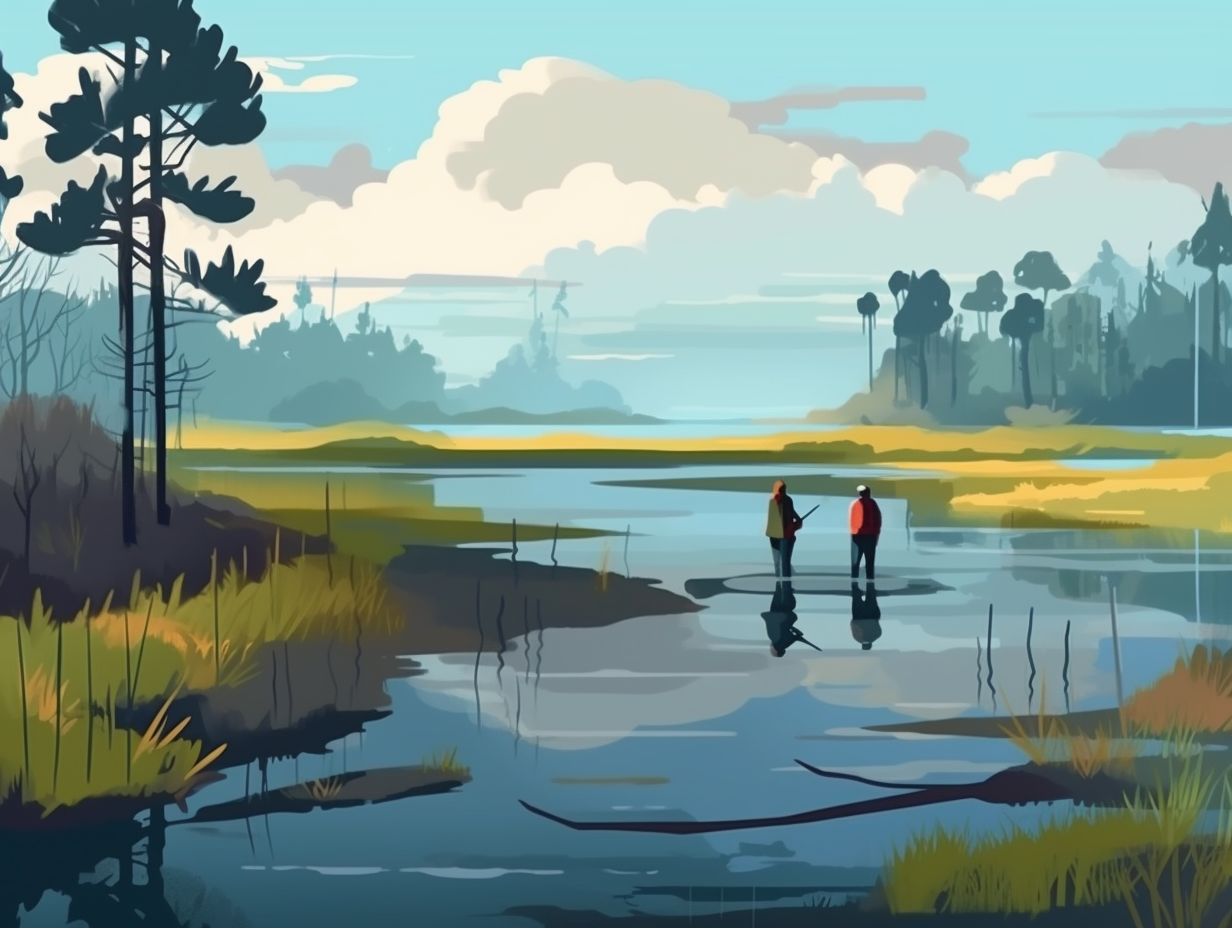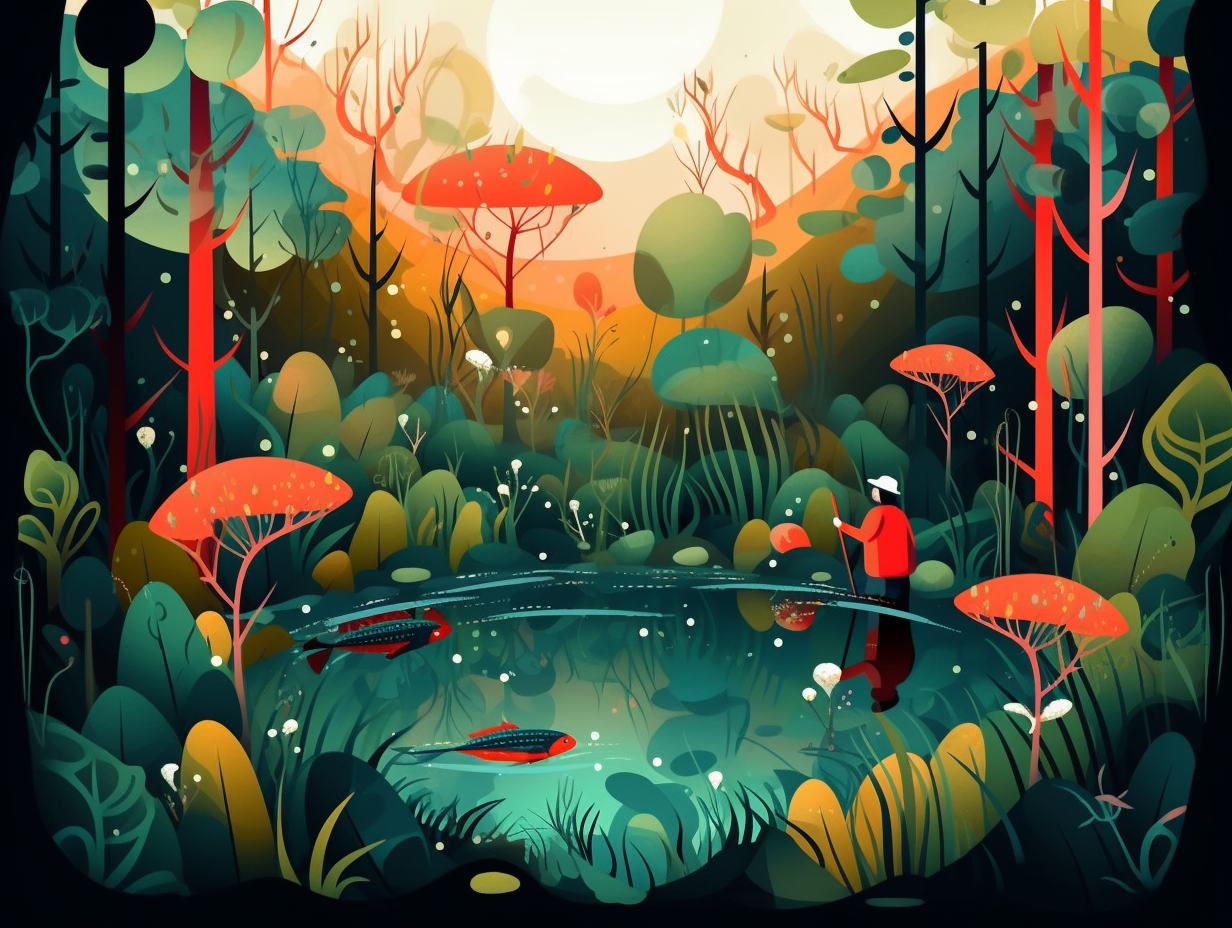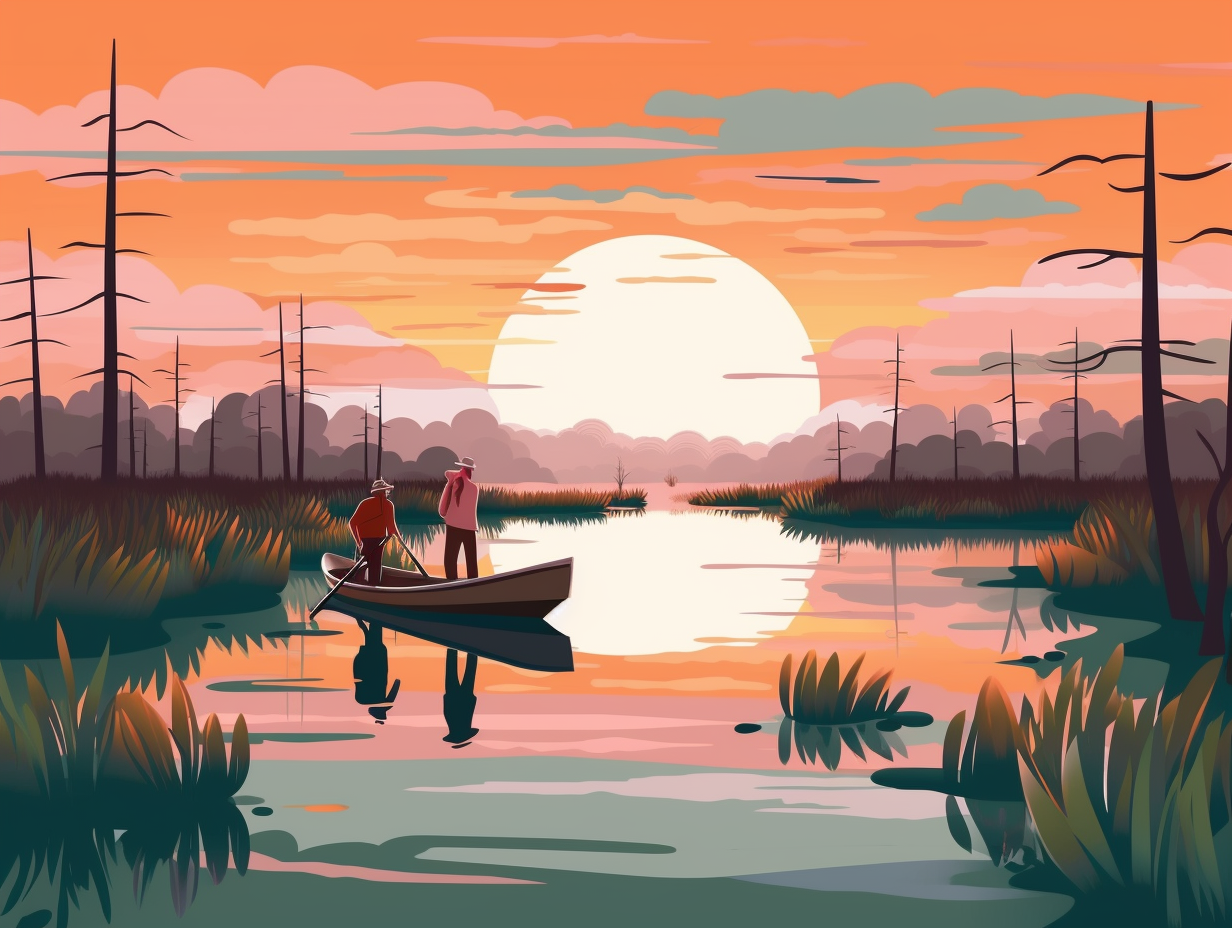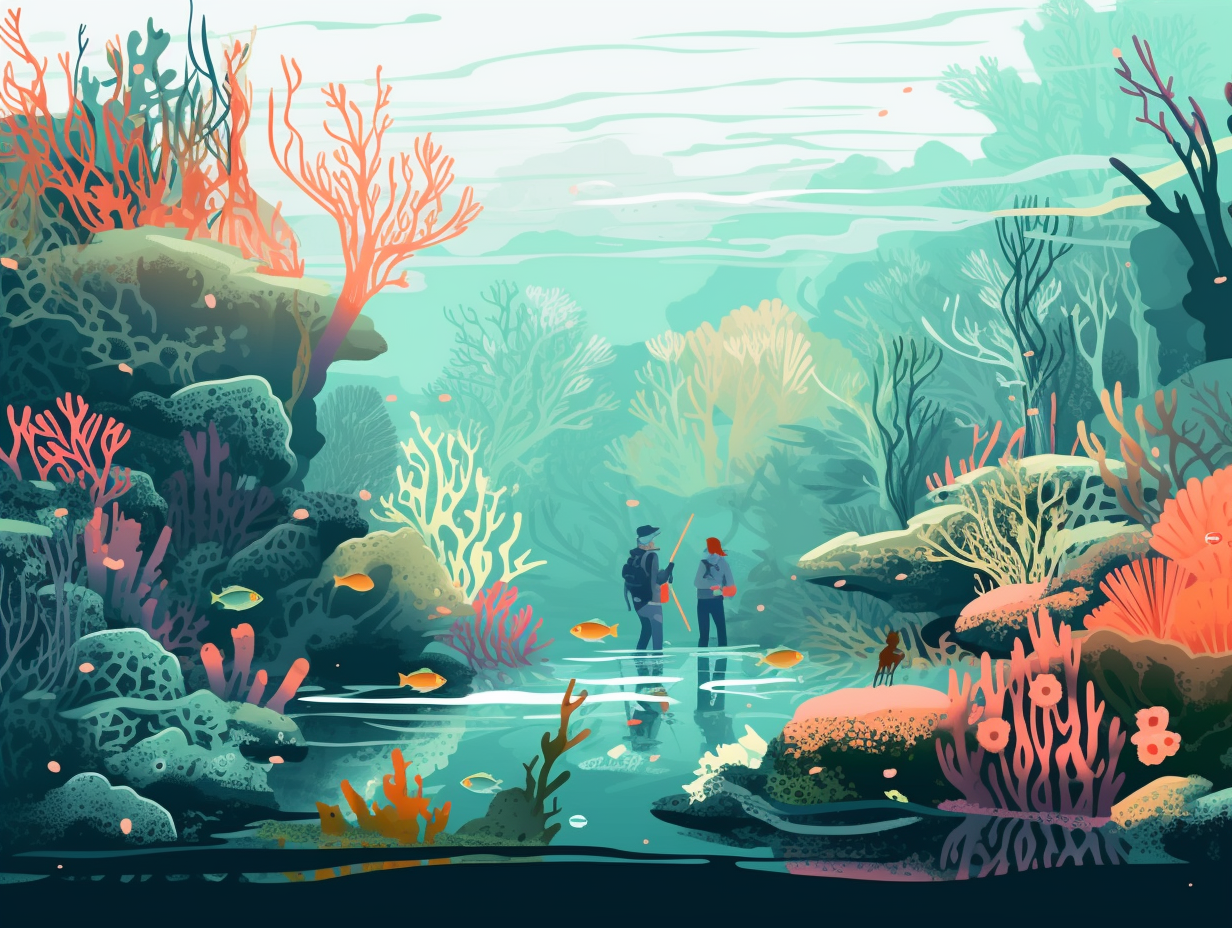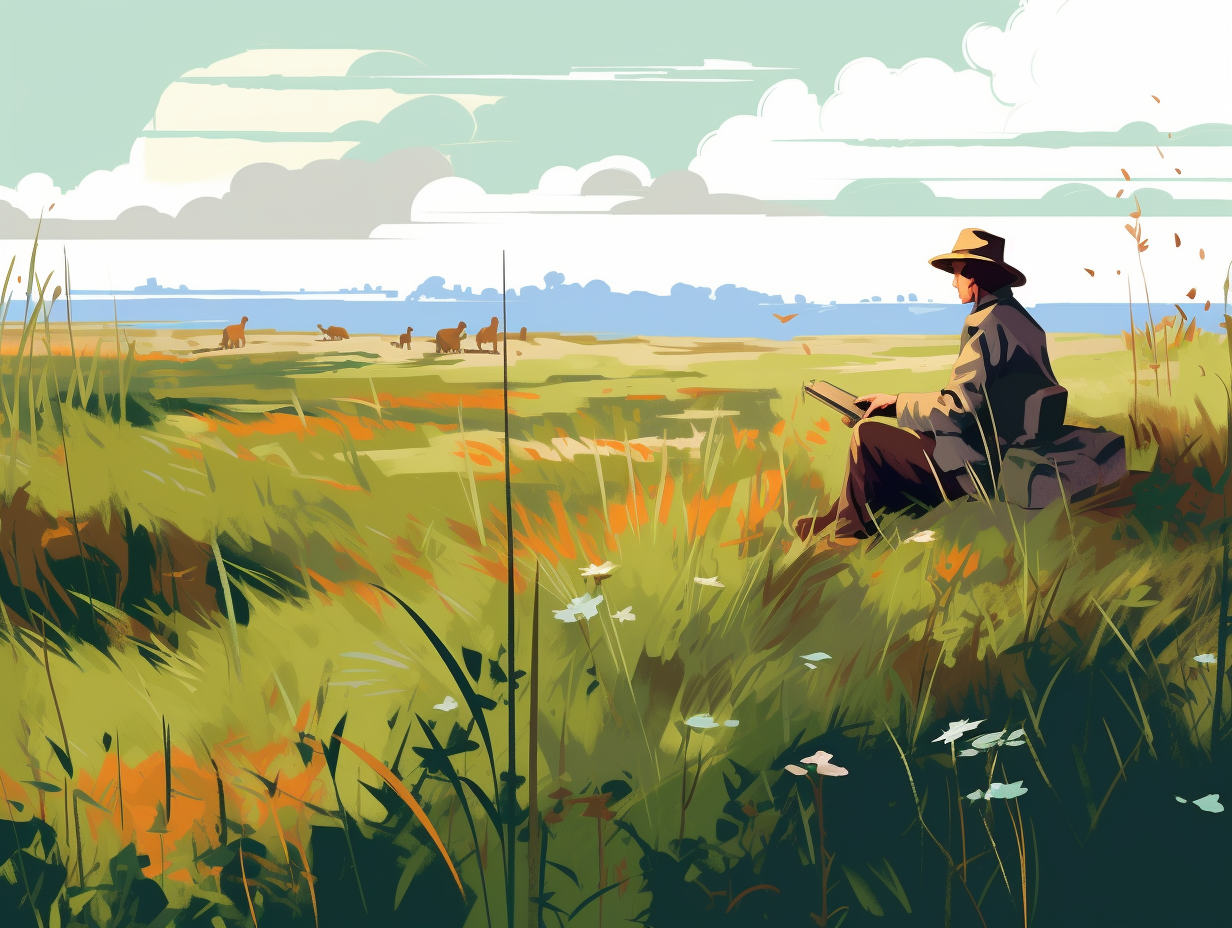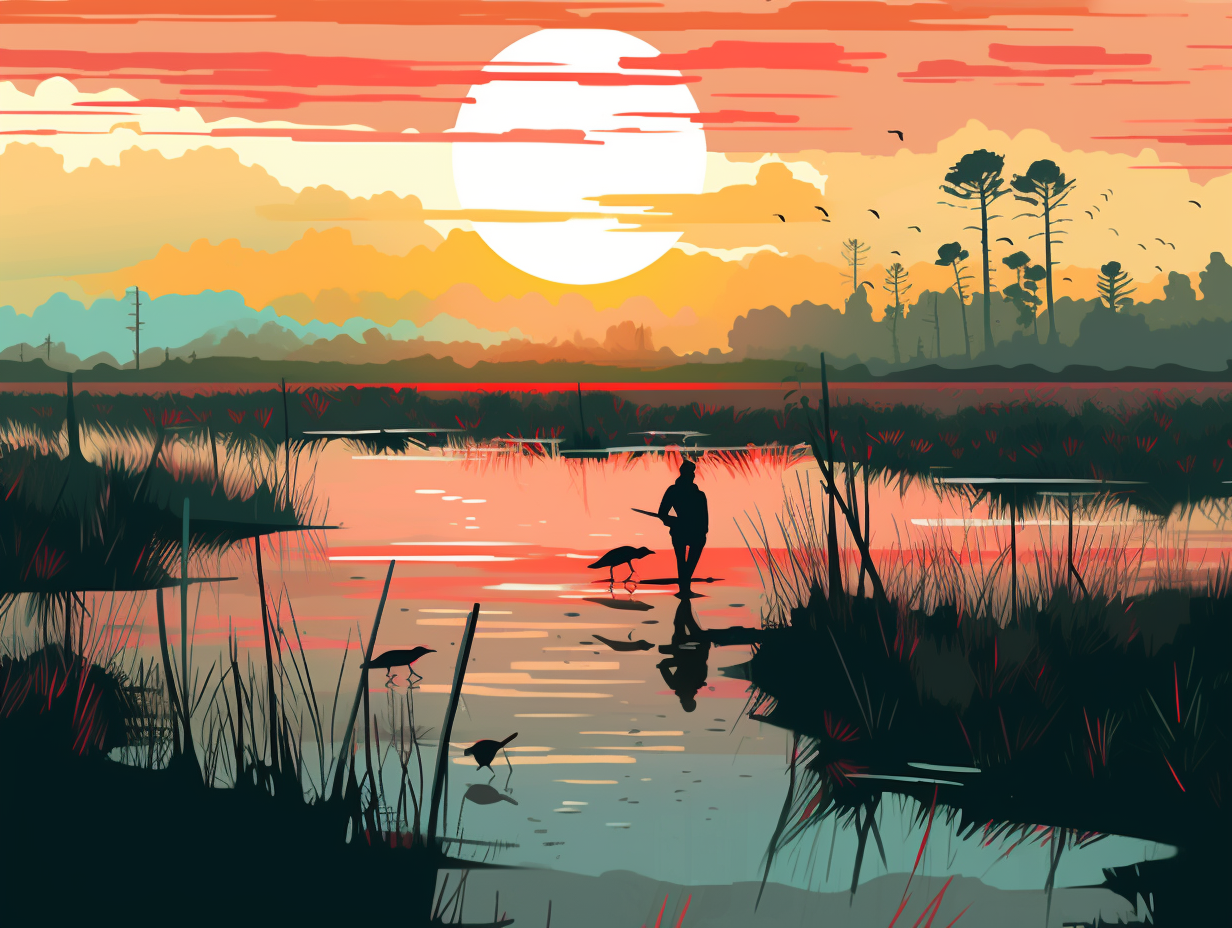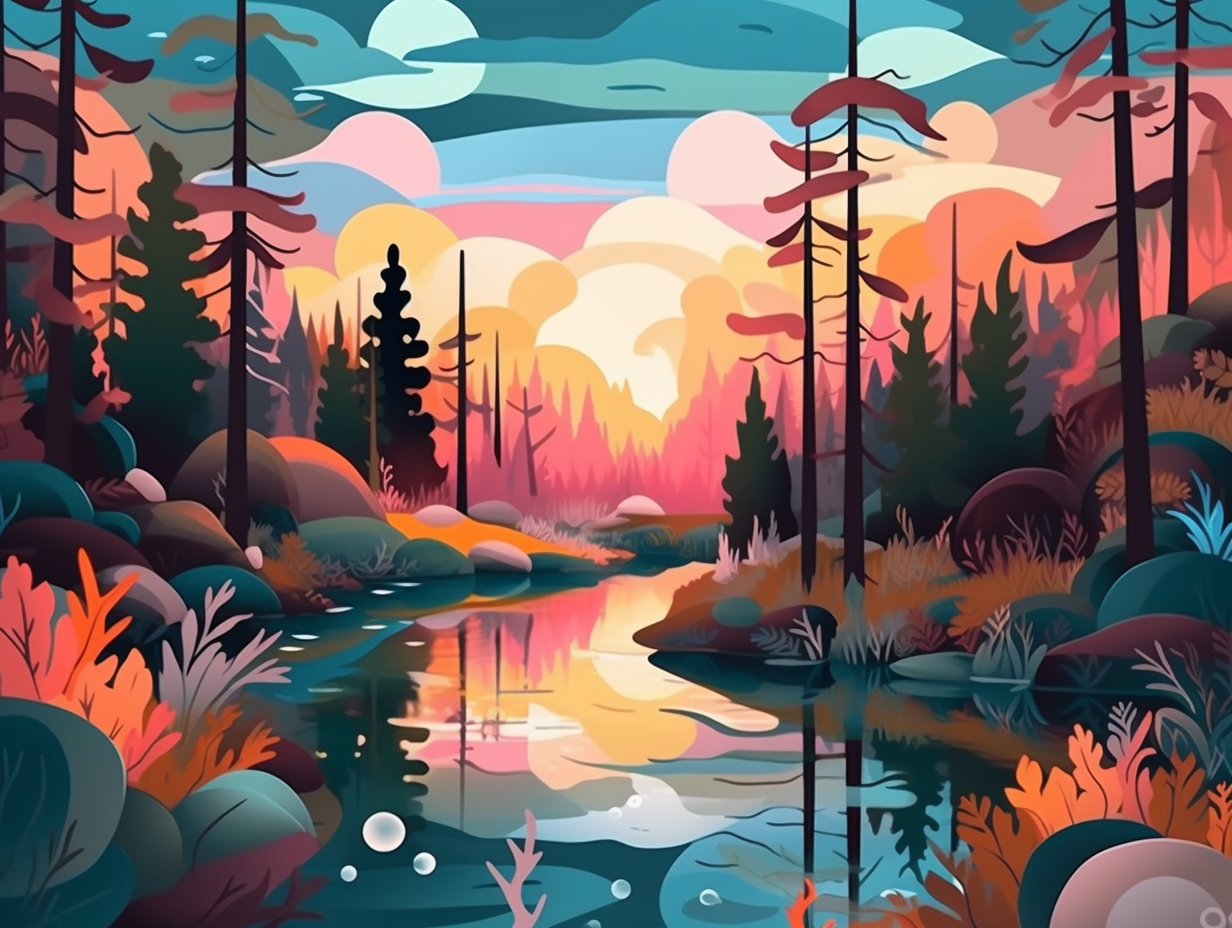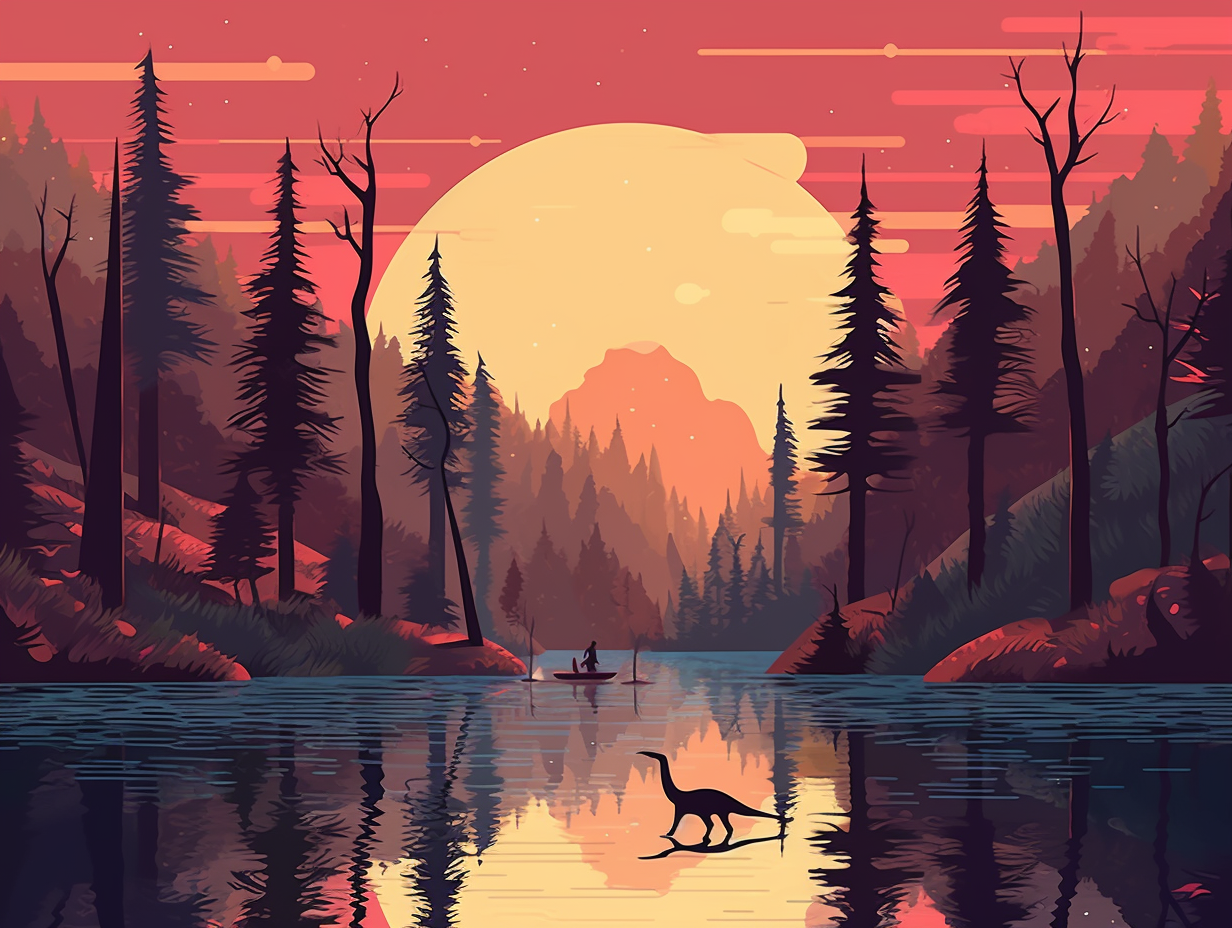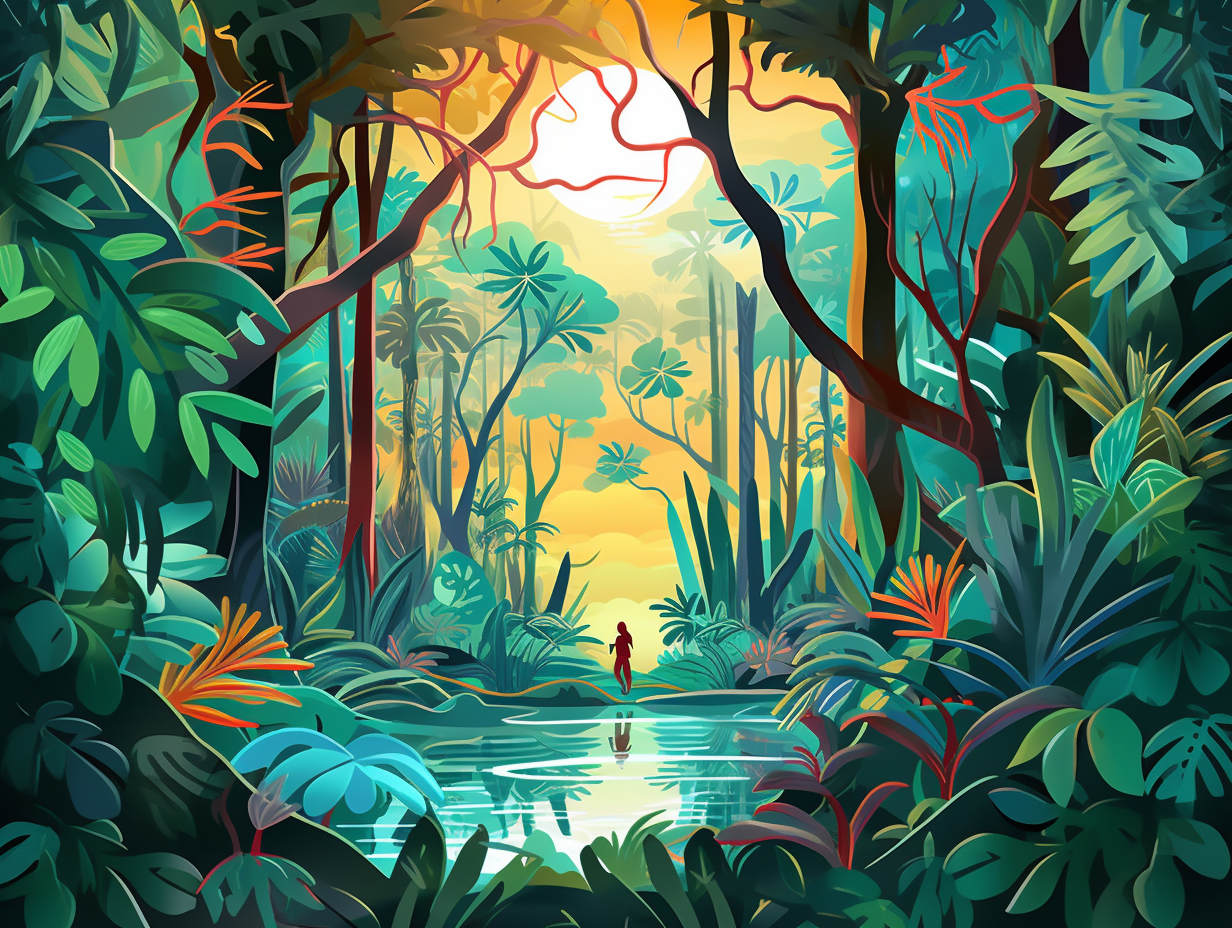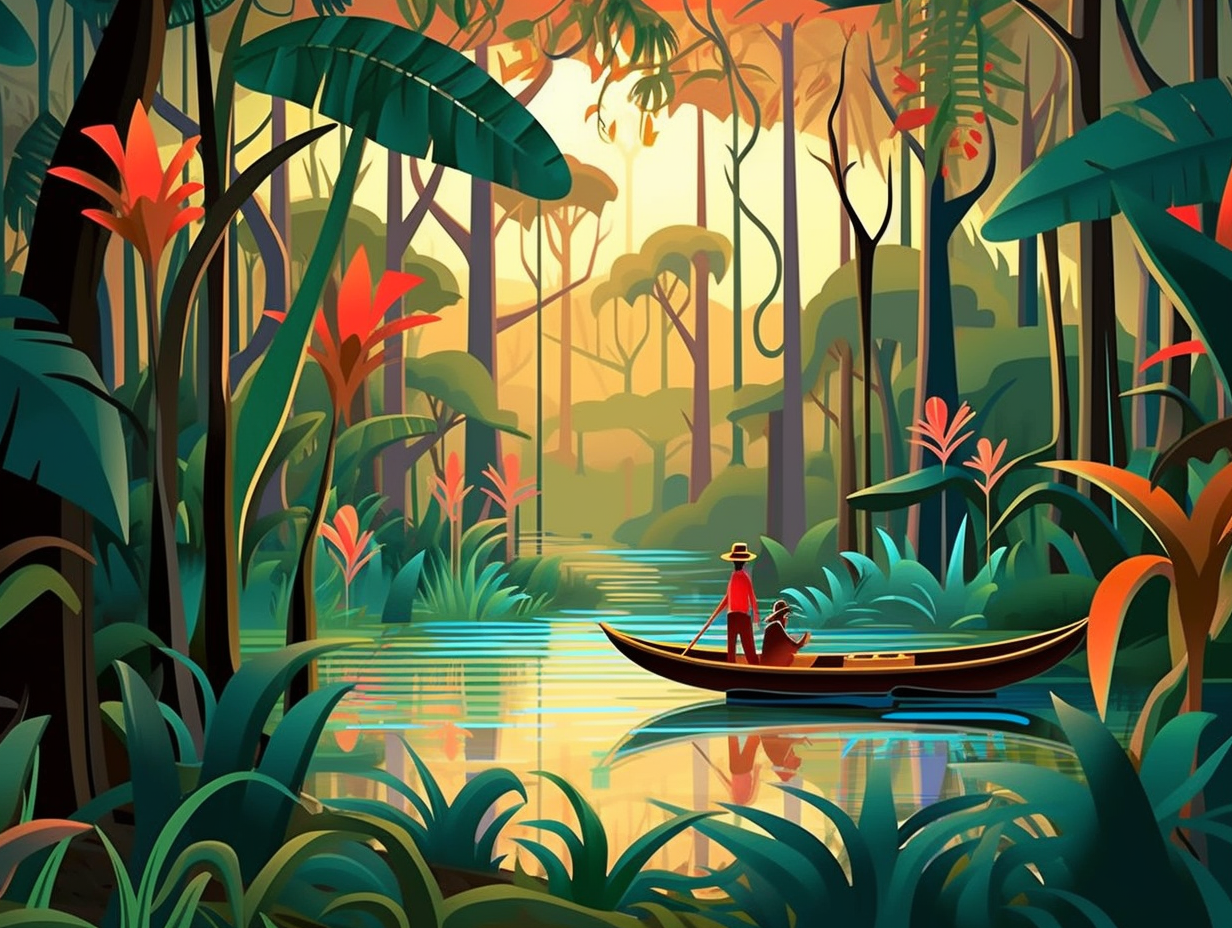Discover the Wet and Wonderful: Top 9 Fun Facts About Freshwater Ecosystems
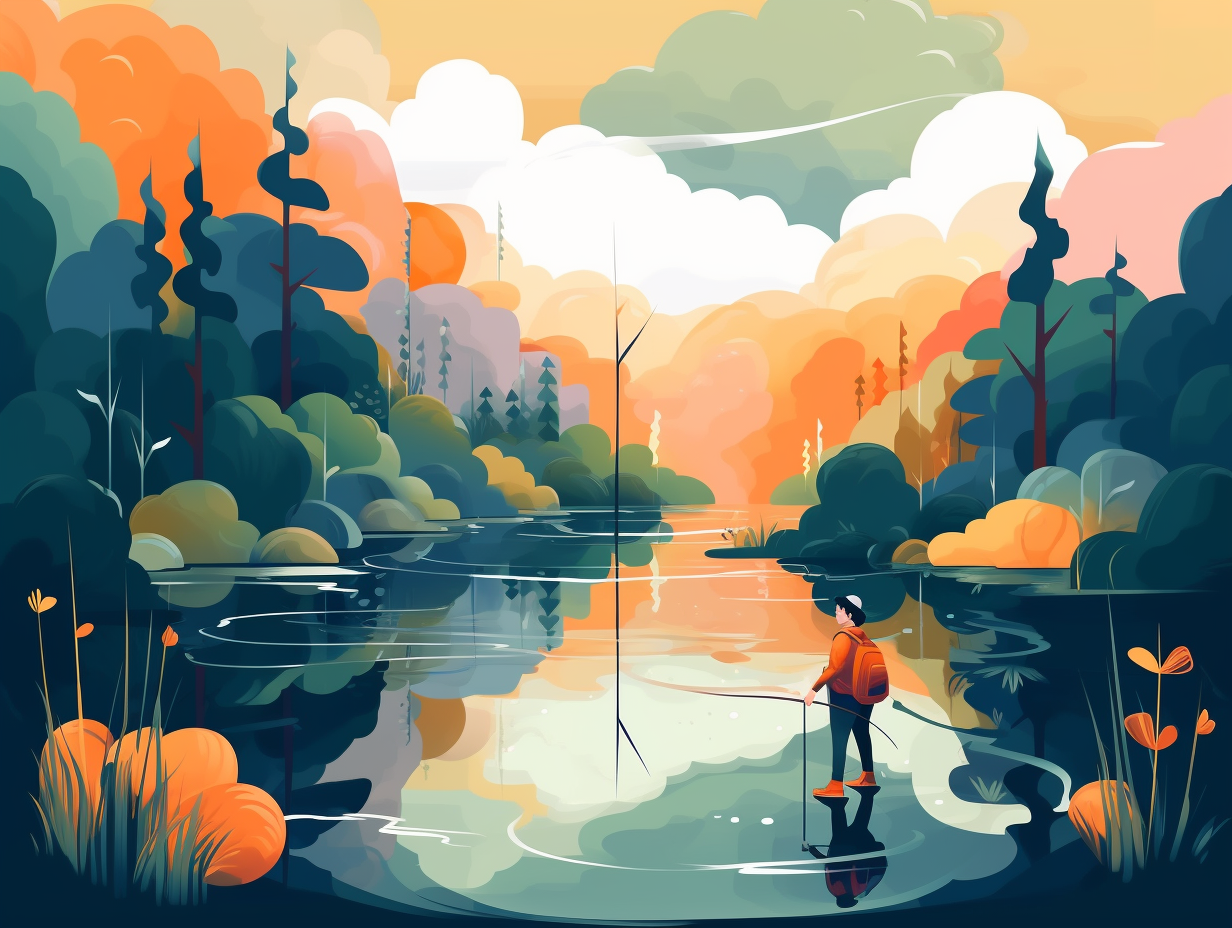
1. Icy Water Coolers
When water-cooler talk turns icy: Less than 3% of Earth's water is freshwater, but an impressive 68.7% of our planet's total freshwater stock is held captive in ice caps and glaciers, making them the world's least hospitable drink dispensers.
Source => usgs.gov
2. Walking Catfish Commute
No need for Uber, the walking catfish has it all figured out: this Floridian invasive species can survive up to 18 hours without water, and has been caught sauntering through storm drains in search of its next meal amidst parking lot puddles.
Source => blog.nature.org

Did you know that ponds are actually unsung superheroes in the world of carbon storage? These tiny waterscapes can outperform forests and grasslands with their impressive carbon-stashing abilities! 🌊💪
=> Fun Facts about Ponds
3. Freshwater Fish Saga
Water you waiting for? Dive into this piscine revelation: Freshwater ecosystems host over 40% of Earth's fish species, making them crucial to aquatic biodiversity. But, brace yourself for a fishy twist – pollution and human activities have imperiled or wiped out 20% of known freshwater fish species recently, turning the tide against both aquatic life and the humans depending on these ecosystems for drinking water!
Source => nationalgeographic.com
4. Mother Nature's Time Capsules
You might say Mother Nature has her own underground time capsules, carefully safeguarding her ancient, liquid history: Groundwater can be thousands of years old, with age determined by measuring age tracers such as natural and man-made isotopes, and the oldest aquifers hold water that has lasted over 10,000 years!
Source => usgs.gov
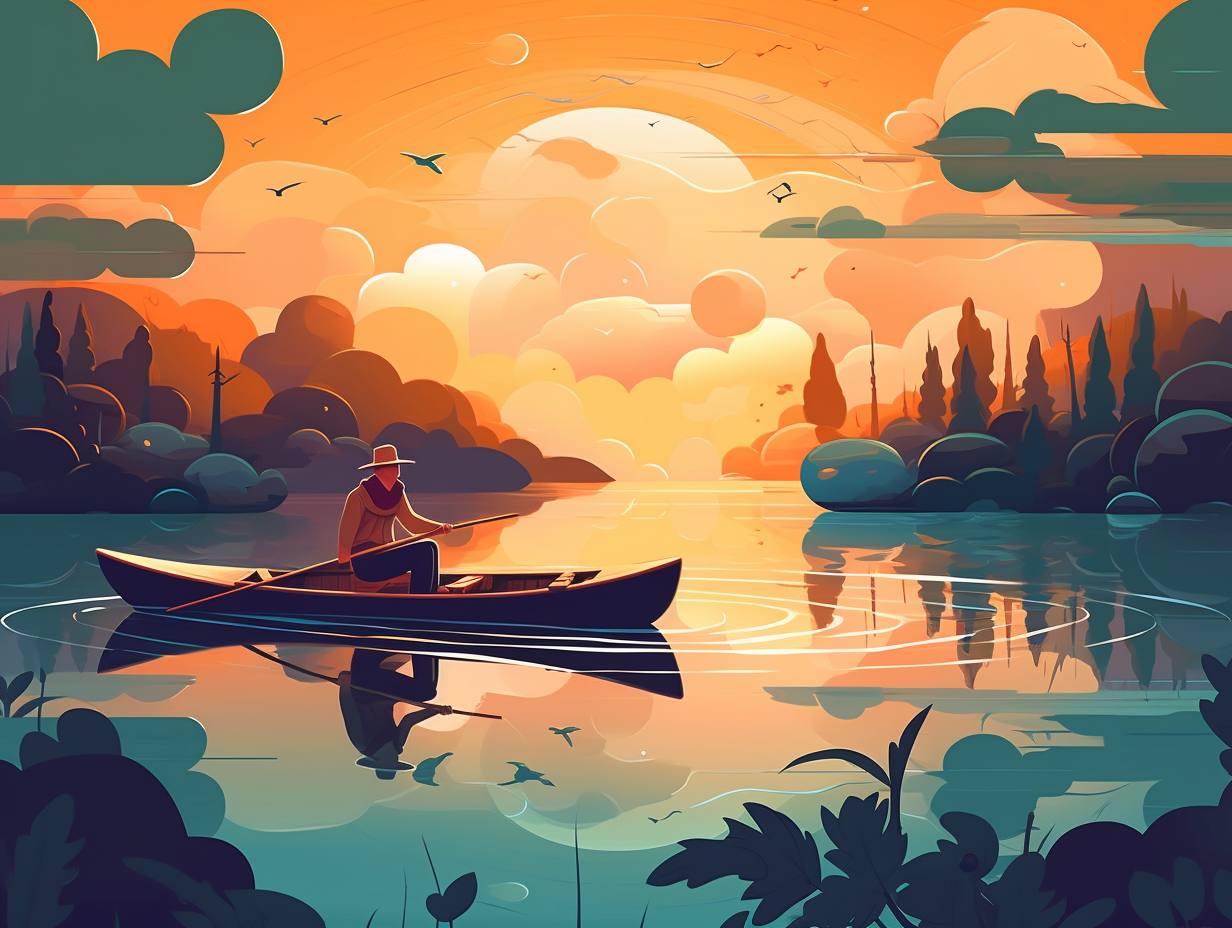
5. Amazon River Block Party
Imagine the Amazon River as a massive block party, inviting tributaries from all around like it's throwing the biggest bash in the neighborhood: The truth is that the Amazon River really knows how to mingle, boasting over 1,100 tributaries and leaving 17 of them longer than 1,000 miles, resulting in a spectacular interconnected ecosystem teeming with life and natural wonders.
Source => en.wikipedia.org
6. Party Animals of the Devonian
Back in the prehistoric days when fish ruled the world – no, really – they were the ultimate party animals in a wet and wild scene called the Devonian period: The "Age of Fishes" saw jawless fish, placoderms, sharks, and various types of ray-finned and lobe-finned fish emerge in both marine and freshwater environments, eventually leading to the evolution of the first tetrapods – the group of animals that includes all land vertebrates.
Source => natmus.humboldt.edu
7. Lazy Lungfish Lifestyle
You thought your bed was comfy, but these African lungfish could give even the laziest human couch potato a run for their money: Hibernating in a muddy, bulb-shaped chamber for up to 4 years, they slow down their metabolic rate and rely on breaking down their muscle tissue for nutrients, using their thin limbs to move about when necessary before emerging when the rains come to refill their habitat.
Source => oregonzoo.org
8. Great Lakes H2O FOMO
Someone, please get the Great Lakes a funnel for their 6 quadrillion gallons of H2O FOMO: These freshwater-chugging behemoths hold around 20% of the world's surface freshwater, provide a much-needed soggy lifeline to over 40 million thirsty humans, and could generously drench 94,000 square miles of land with 10 feet of refreshing liquid goodness, making them the freshwater pin-ups of our lovely blue planet. Just remember, with great waterpower comes great responsibility – let's not get carried away with any oil spill slip-ups or algal bloom bloopers like that 2014 Toledo, Ohio hiccup that left 500,000 residents high and (not) dry!
Source => response.restoration.noaa.gov
9. Dolphin Pool Party Dilemma
Even as Ganges river dolphins practice their synchronized swimming routine, their bachelor pool parties are seeing a noticeable decline in attendance: Ongoing dam construction projects and pollution in freshwater ecosystems have left these aquatic mammals facing threats like inbreeding, dwindling populations, and even party-crashing poachers.
Source => worldwildlife.org
Related Fun Facts

